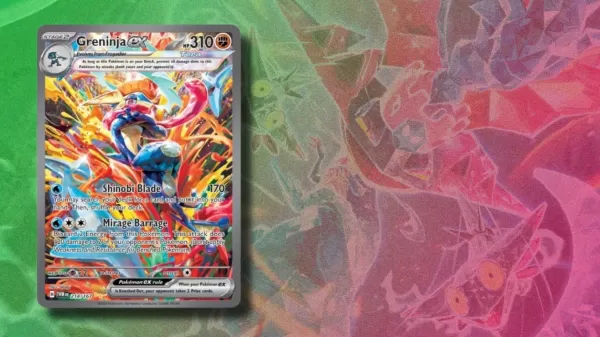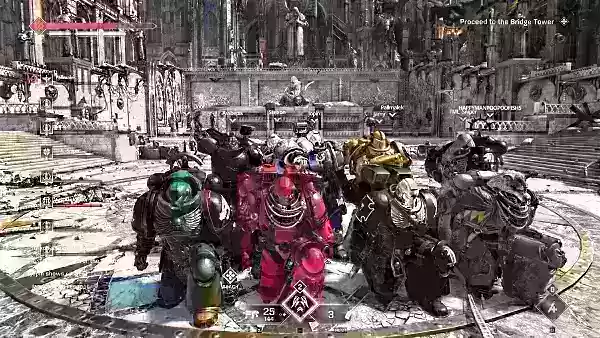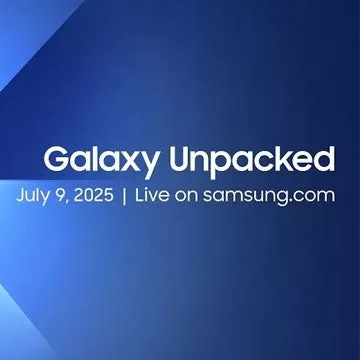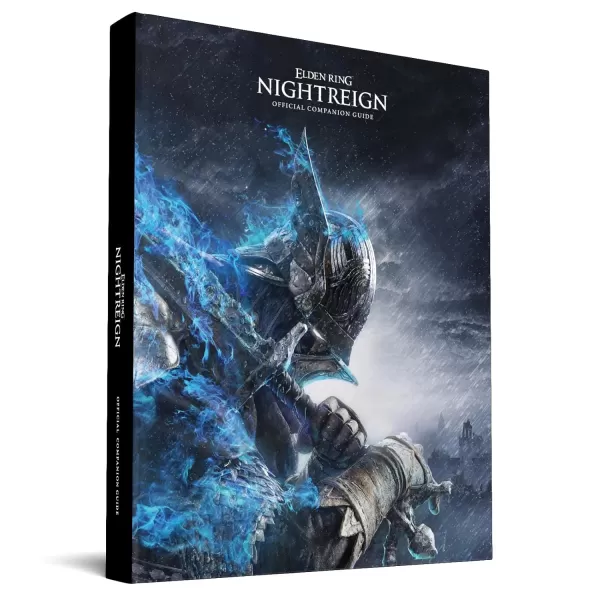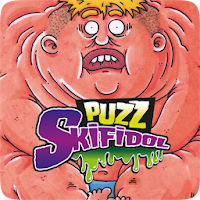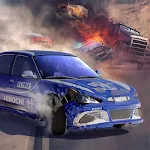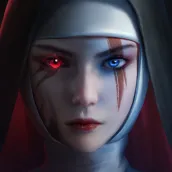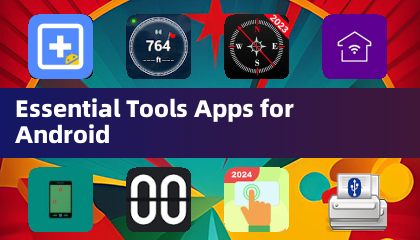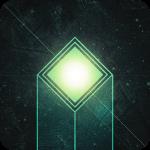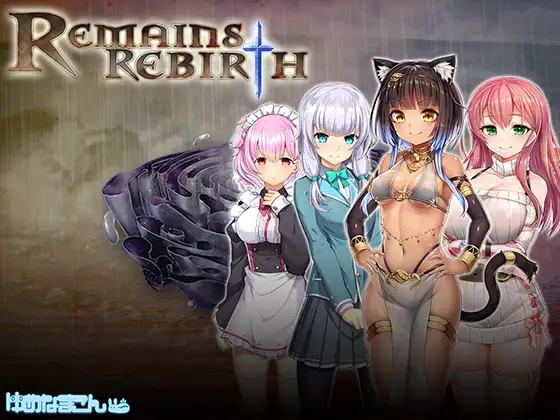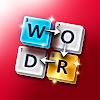The Doom series has always been synonymous with the pulsating rhythms and aggressive tones of metal music. A single listen to any Doom soundtrack or a fleeting glimpse at its iconic demonic imagery instantly reveals this deep connection. The series' signature elements—flames, skulls, and devilish creatures—echo the visual style often seen on an Iron Maiden stage, both past and present. This bond with the heavier side of music has evolved alongside Doom's gameplay, with both aspects undergoing numerous reinventions over the series' 30-year history. From its thrash metal origins, Doom has traversed various metal sub-genres over the decades, culminating in the modern metalcore intensity of Doom: The Dark Ages.
In 1993, the original Doom's soundtrack was heavily influenced by the metal giants of the late 80s and early 90s. Co-creator John Romero has openly acknowledged the impact of bands like Pantera and Alice in Chains, which is evident throughout the game's score. For example, the track "Untitled" used in the E3M1: Hell Keep level features a riff strikingly similar to Pantera's "Mouth of War." The wider Doom score embraced the thrash subgenre, echoing the sounds of Metallica and Anthrax. This driving soundtrack propelled players through Mars' tight corridors, much like the urgency of a thrash metal track, perfectly complementing the game's intense gunplay.
Doom: The Dark Ages - Gameplay Screenshots
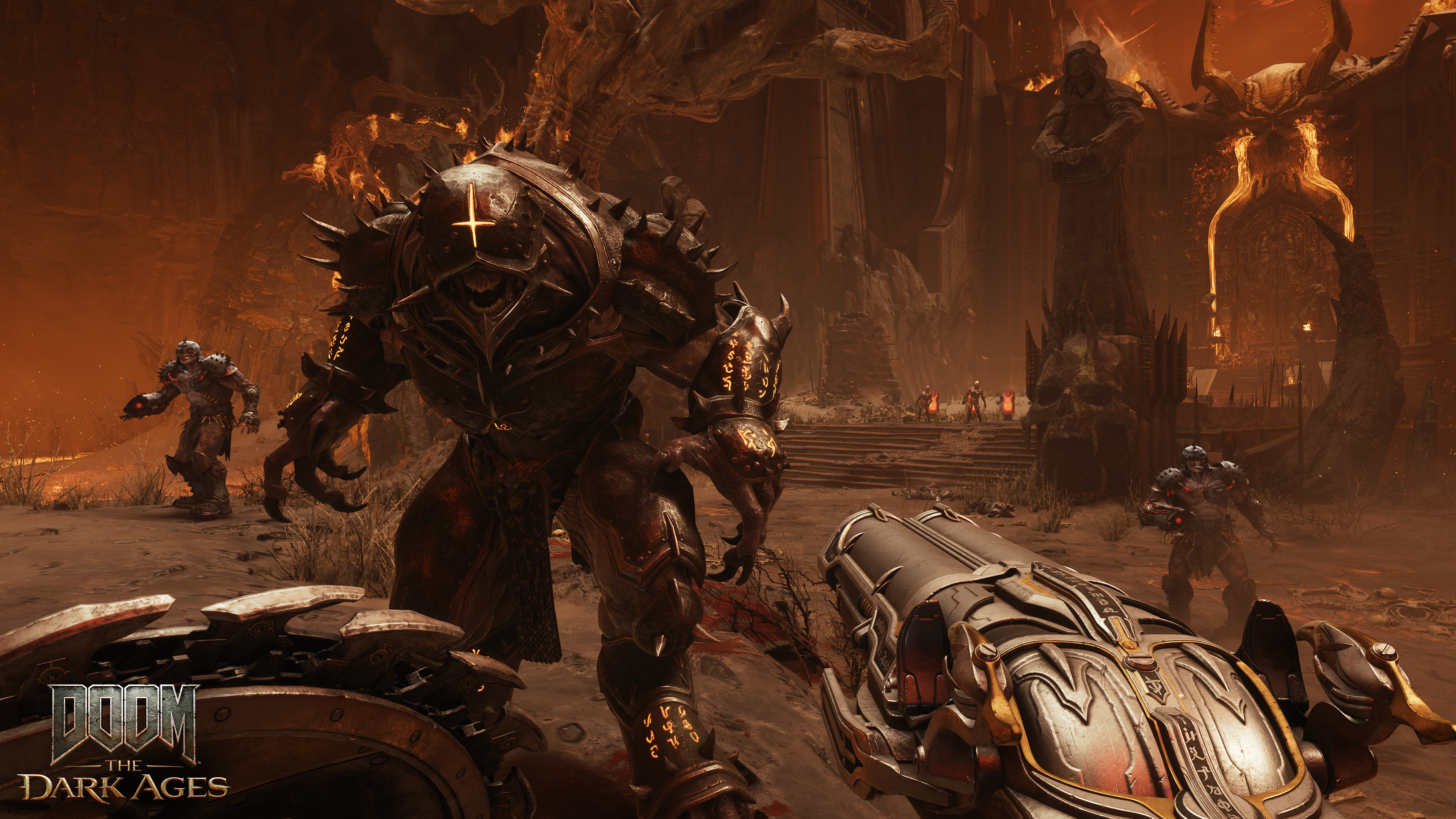
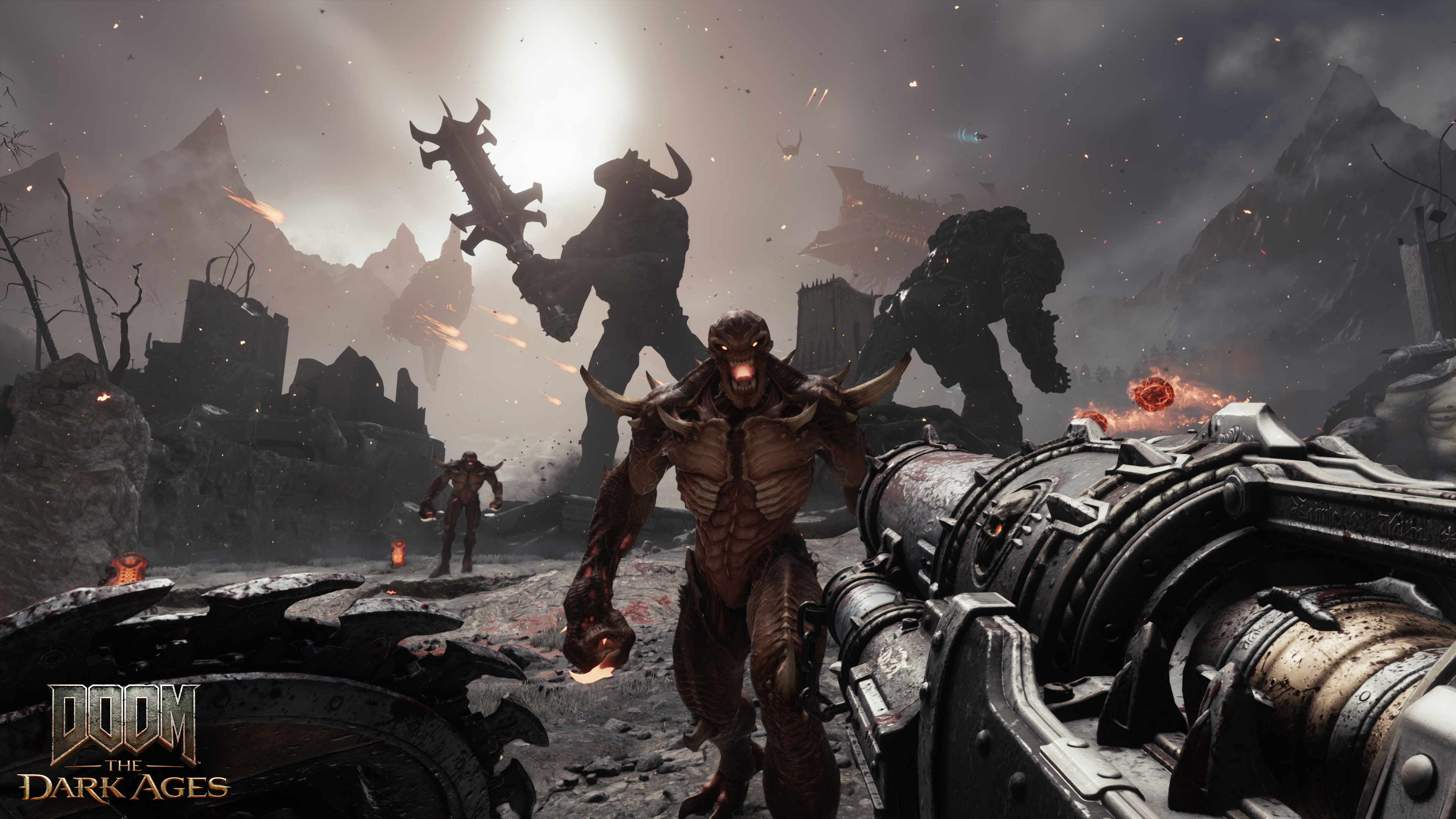 6 Images
6 Images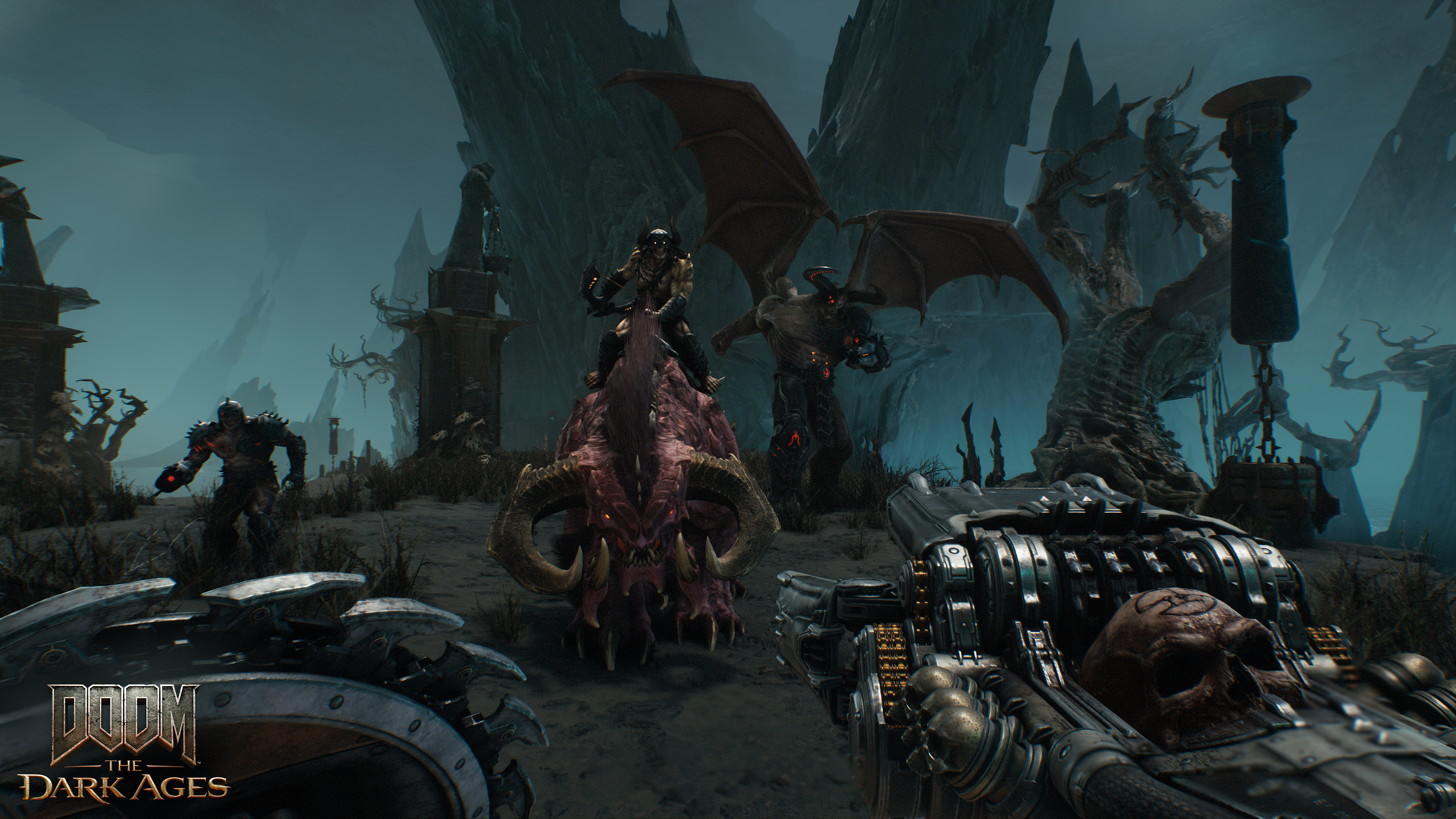
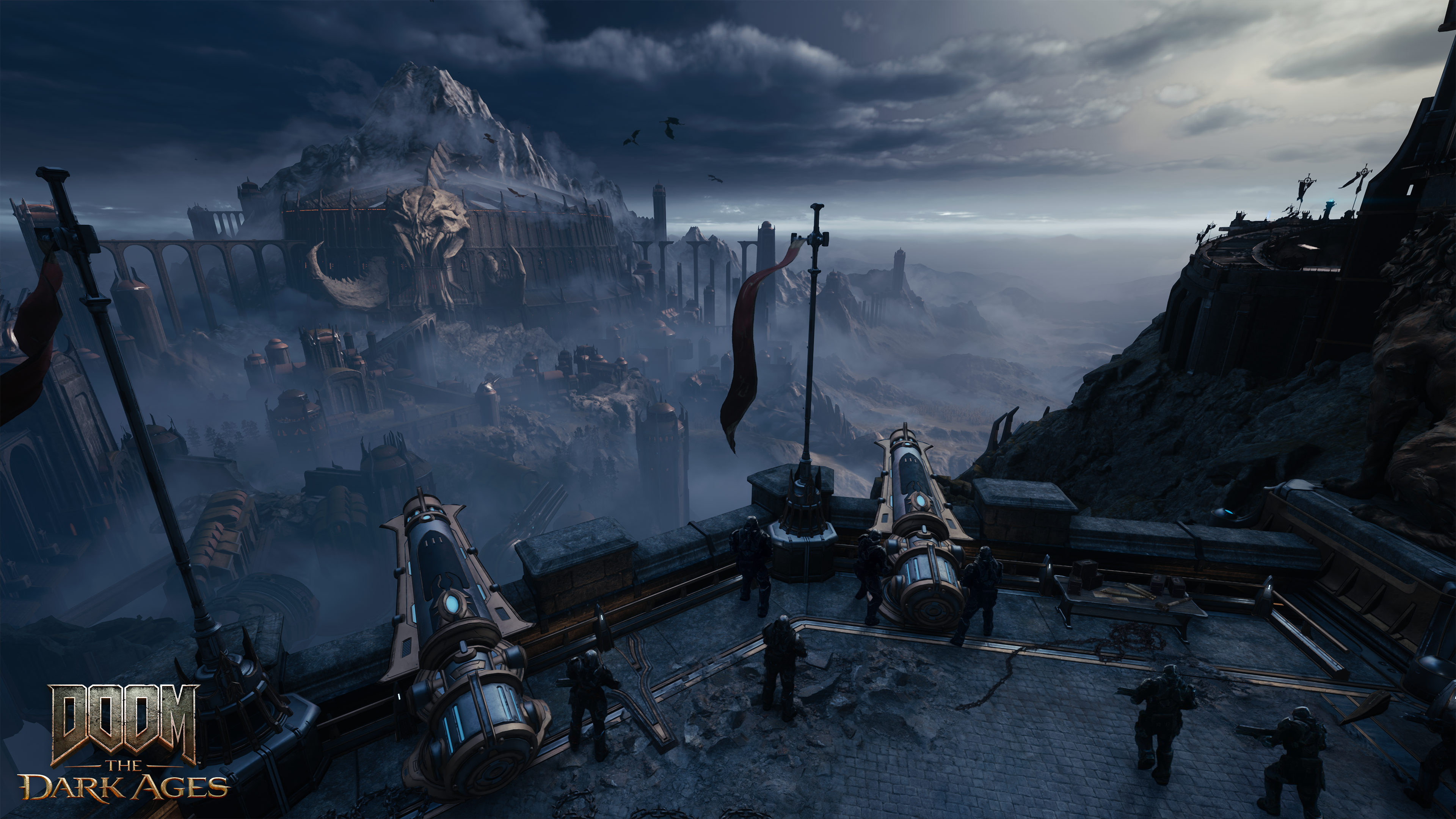
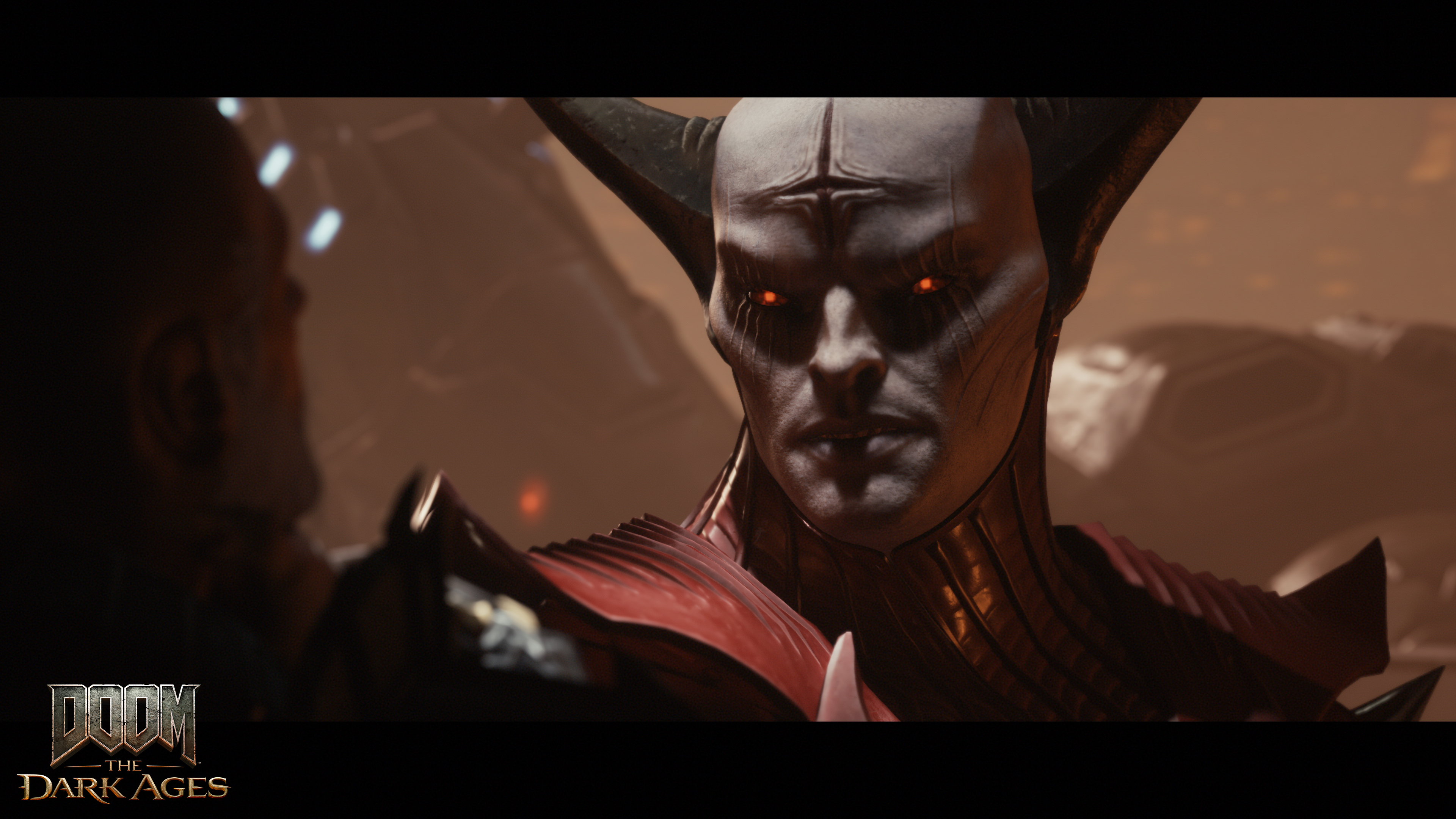
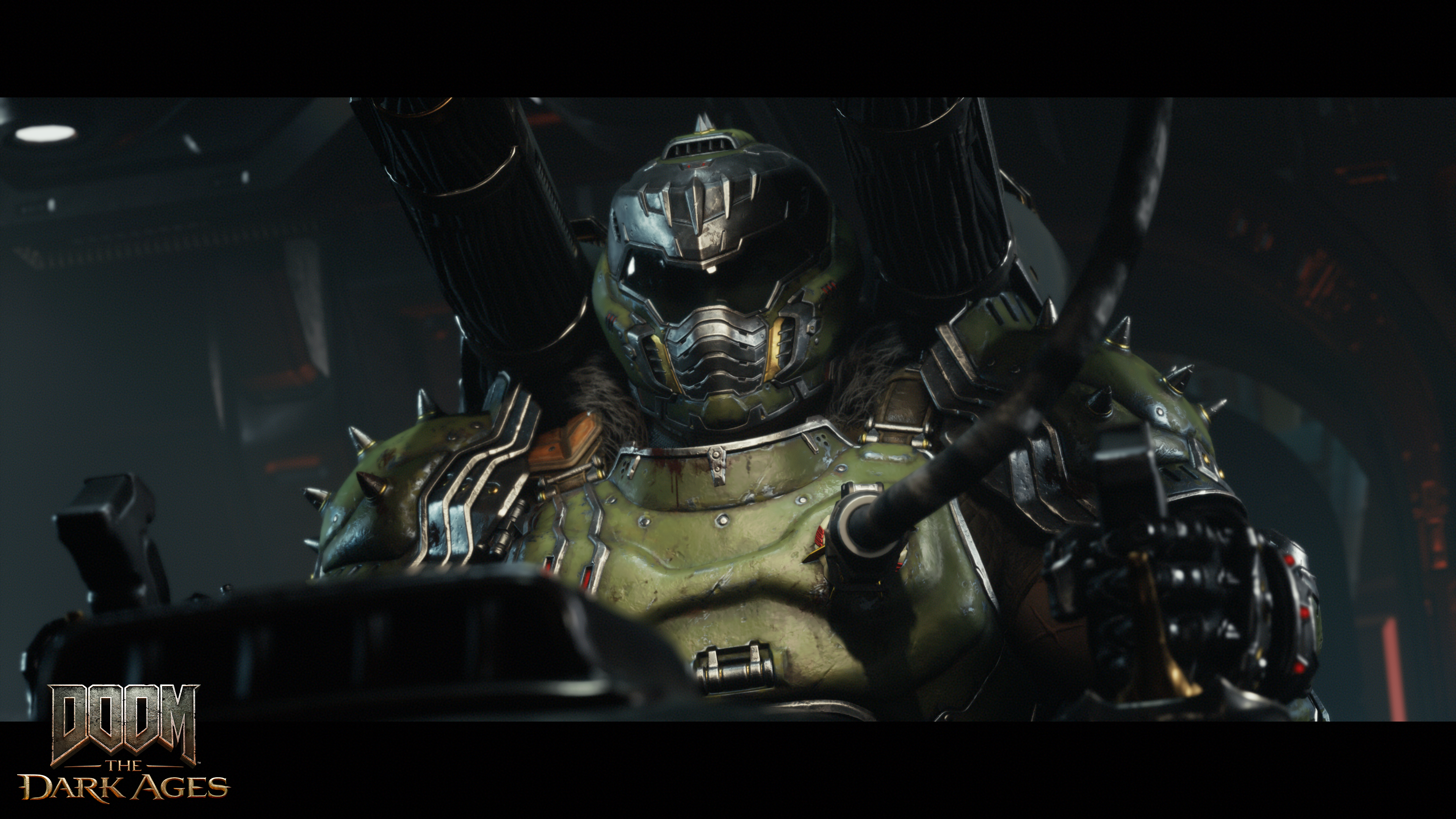
For over a decade, Doom's music continued to mirror its gameplay, maintaining a high-energy pace. However, the release of Doom 3 in 2004 marked a significant shift. This game ventured into survival horror territory, adopting a slower, more deliberate pace that demanded a new musical direction. Id Software sought fresh inspiration, resulting in a main theme that could easily fit on Tool's 2001 album, Lateralus. Although Trent Reznor was initially considered for the sound design, it was Chris Vrenna and Clint Walsh who ultimately composed Doom 3's theme, drawing heavily from Tool's complex time signatures and eerie soundscapes. This approach perfectly complemented Doom 3's horror-infused atmosphere, even if the game itself was seen as an anomaly within the series.
After Doom 3, the series faced a period of development challenges, culminating in the reinvention of Doom in 2016. This revival, led by directors Marty Stratton and Hugo Martin, returned to the series' roots with a vengeance. Composer Mick Gordon's score for Doom 2016 was a groundbreaking djent-inspired soundtrack that perfectly matched the game's relentless pace. The iconic "BFG Division" track became synonymous with the game, raising the bar for video game music. However, the follow-up, Doom Eternal, saw Gordon's involvement complicated by disputes with id Software, resulting in a soundtrack that, while still bearing his influence, leaned further into the metalcore genre prevalent in the late 2010s and early 2020s.
Doom Eternal's soundtrack reflects the influence of contemporary metalcore bands like Bring Me the Horizon and Architects, with whom Gordon worked closely. The game's score features crushing breakdowns and electronic elements, aligning with its more varied gameplay that includes platforming and puzzle sections. Despite these innovations, some fans, including myself, prefer the raw intensity of Doom 2016, much like my preference for Architects' earlier work, such as the album "All Our Gods Have Abandoned Us."
The latest installment, Doom: The Dark Ages, promises a new twist on the series' formula. Showcased in the Xbox Developer Direct, its combat introduces a slower pace and new mechanics, like a Captain America-esque shield, while still maintaining the brutal essence of Doom. The game's soundtrack, crafted by Finishing Move, draws from both past and present metal influences, blending the seismic breakdowns of modern bands like Knocked Loose with the thrash-like intensity of the original Doom. This approach aims to match the game's expanded scope, which includes riding mythological creatures and piloting giant mechs, reminiscent of influences from games like Titanfall 2.
The evolution of Doom's soundtrack mirrors the broader trends in metal music, from thrash to djent to metalcore, and now into more experimental territories. As Doom: The Dark Ages approaches its release, the anticipation builds not just for its gameplay but also for its soundtrack, which promises to be a thrilling addition to the series' storied legacy. For fans of both Doom and heavy music, this is an exciting time, as the game's combat and sound continue to push boundaries, much like a metal concert's energy and intensity.

